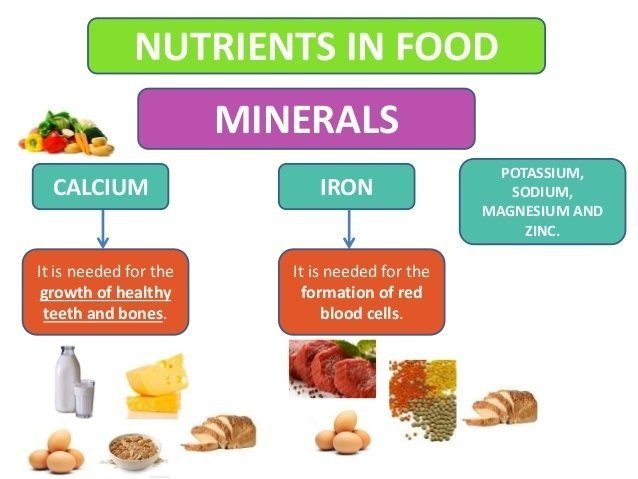Note: this post has been updated in January 2021.
Minerals are one of the six Essential Nutrients that are necessary for energy and materials for life building processes in the human body. Thus, the term essential nutrients.
Minerals Essential for human body function are found in foods or supplements to help our bodies develop and function properly. These minerals are essential for good health. Knowing about different minerals and what they do can help you to make sure you get enough of the minerals that you need.

Two basic types of Minerals
Minerals essential for human body function are crucial for bodybuilding like bones, teeth, structural parts of soft tissues. They are divided into two groups:
Electrolytes (macro-minerals)
Electrolytes are required in large quantities. The macromineral group is made up of calcium, phosphorus, magnesium, sodium, potassium, chloride, and sulfur.
Trace elements (microminerals)
Your body only needs a trace of these minerals; however, it needs a tiny bit of each one. Trace minerals include iron, manganese, copper, iodine, zinc, cobalt, fluoride, and selenium.
Vitamins and Minerals
The difference between vitamins and minerals
Although they are all considered micronutrients, vitamins and minerals differ in basic ways. Vitamins are organic and can be broken down by heat, air, or acid. Minerals are inorganic and hold on to their chemical structure.
So why does this matter? It means the minerals in soil and water easily find their way into your body through the plants, fish, animals, and fluids you consume. But it’s tougher to shuttle vitamins from food and other sources into your body because cooking, storage, and simple exposure to air can inactivate these more fragile compounds.
Interacting—in good ways and bad
Many micronutrients interact. Vitamin D enables your body to pluck calcium from food sources passing through your digestive tract rather than harvesting it from your bones. Vitamin C helps you absorb iron.
The interplay of micronutrients isn’t always cooperative, however. For example, vitamin C blocks your body’s ability to assimilate the essential mineral copper. And even a minor overload of the mineral manganese can worsen iron deficiency. – via Vitamins and Minerals – Are You Getting What You Need?
Concerned about not getting enough minerals?
You should not worry too much about minerals’ daily requirement as they are obtained through a healthy balanced diet. However, here is the problem the American diet is based so much on processed foods, sugar, fats, and unhealthy carbs. We do need to be concerned and maybe we should worry!
What should we do about it?
An excellent resource and article called The 6 Major Minerals and Where to Find Them provides additional information on these essential minerals.
If you want to take a supplement and maybe, you should but make sure that it is a “good” supplement. The problem with most traditional nutritional supplements is that their ingredients are combined with fillers, binders, and other additives, making them difficult to be recognized and absorbed by the body. They’re also likely degraded by digestive fluids and enzymes in the digestive tract. The result?
One of the best complete supplements that I have found is Complement. Complement, together with a whole food, plant-based diet, will provide you with the nutrients you need to thrive.
Other Good Supplements
Good vitamin supplements like Garden of Life Multivitamins will provide the results you’re looking for and be able to enjoy healthy living.
If you are ready to try an excellent supplement! You can view additional facts and purchase:
Garden of Life Multivitamin for Women Mykind Organic Women’s Once Daily Whole Food Vitamin Supplement, Vegan, 60 Tablets.
Garden of Life Multivitamin for men Garden of Life Multivitamin for Men – Mykind Organic Men’s Once Daily Whole Food Vitamin Supplement, Vegan, 60 Tablets
Best way to get our minerals
The best way is to get our minerals through the food we eat. This may be the best solution; however, it is difficult for most of us to know how to prepare meals to include all the necessary minerals. For help in meal planning Join the Physicians Committee’s 21-Day Vegan Kickstart program. It is a FREE resource and will get you on the right track.
Next step
See Plant-Based Primer: The Beginner’s Guide to a Plant-Based Diet by the folks over at Forks over Knives. These resources will help you begin your journey and guide you in the steps to transition to a plant-based diet for a healthy life.
Did you enjoy reading this post?
I hope you enjoyed reading this post. If you did, please use the buttons below to share with family and friends you think may benefit from the information in the post.
Express your opinion
If I can answer any questions or if you have an opinion that you would like to express, please let me know your thoughts by leaving a comment below.




0 comments